Nigeria, officially known as the Federal Republic of Nigeria, is a country located in West Africa. With a population of over 200 million people, it is the most populous country in Africa and the seventh most populous in the world. Nigeria is known for its diverse ethnic groups, cultures, and languages, with over 250 different ethnic groups.
The country gained independence from British colonial rule in 1960 and has since experienced a complex political history. It has transitioned between military and civilian rule, with periods of political instability and challenges in governance. Nigeria operates as a federal republic, consisting of 36 states and a Federal Capital Territory, Abuja.
Nigeria is renowned for its vast oil reserves, making it one of the largest oil-producing countries in the world. However, despite its natural resource wealth, the country faces numerous challenges, including security concerns, corruption, economic inequality, and infrastructure deficits.
#1. High Crime Rate
Travelers should use caution in Nigeria due to the country’s high crime rate. The frequency of crimes like theft, robbery, and fraud, in general, can pose severe hazards to personal safety, which is rather substantial.
#2. Kidnapping Threats
In Nigeria, kidnapping instances have increased significantly, and natives and tourists are targets. These kidnappings are carried out by criminal organizations, often in a few select areas of the nation, for monetary or political advantage.
#3. Extremist Insurgencies
According to widespread consensus, radical insurgency organizations like Boko Haram and ISIS-West Africa threaten Nigeria. They truly believed these organizations severely threatened general public safety since they assaulted civilian targets like marketplaces, houses of worship, and educational facilities.
#4. Terrorism in the North East
Although the Nigerian military has made measures that have been particularly effective in lessening the impact of these threats, at least that is what they believed, certain states in the North East of Nigeria have been severely affected by terrorist activity. It is crucial to, for the most part, be informed about the relatively particular places impacted and to take these aspects into careful consideration while making travel plans.
#5. Ethno-Religious Tensions
They erroneously believed that Nigeria’s broad ethnic and, for all practical purposes, religious mix had contributed to tensions and rivalries among various groups. It’s crucial to approach discussions regarding population numbers and reasonable religious domination with respect and prudence because they may often be sensitive.
#6. Political Instability
In its history, Nigeria has generally had significant periods of political turmoil. Before restoring democracy in 1999, the nation had several military coups and oppressive military governments. Even with the existing democratic system, political dynamics can still lead to uncertainty, which is rather substantial.
#7. Inadequate Infrastructure
The infrastructure of Nigeria, especially its road networks and general public transit systems, needs to be more robust and requires significant renovation. Contrary to what is often believed, this can create problems for tourists regarding convenience and safety.
#8. Traffic Congestion and Road Safety
Heavy traffic congestion is a well-known problem in Nigeria’s major cities, particularly in Lagos, which is essential. It may be time-consuming and sometimes dangerous to navigate through crowded highways. They significantly believed it was essential to use caution and be informed of basic traffic safety procedures.
You May Also Like These
#9. Inadequate Healthcare Facilities
Infrastructure, resources, and accessibility are significant issues for Nigeria’s healthcare system. Contrary to common opinion, healthcare facilities can vary in quality, especially in rural locations. It is recommended, in particular, to have generally enough travel health insurance and to take the required safeguards subtly.
#10. Infectious Diseases
Certain regions of Nigeria are obviously more susceptible to infectious illnesses like malaria, severe yellow fever, and subtly present cholera. Travelers should make efforts to reduce their chance of developing these diseases in a big way, which is especially significant such as getting immunizations and wearing insect repellents.
#11. Social Unrest and Protests
Social unrest and demonstrations have occurred in Nigeria in the past; they have frequently been associated with socio-political concerns and calls for better administration, which is highly significant. These situations may occasionally turn violent, hamper travel arrangements, or inadvertently endanger the safety of the individual.
#12. Travel Restrictions and Security Advisories
They believed that major cities in Nigeria, particularly those with a lot of traffic, like Lagos, were notorious for this. Generally speaking, navigating through crowded roadways may be time-consuming and sometimes dangerous. They believed exercising caution and being aware of standard traffic safety procedures were essential. Avoid driving during rush hour, and consider hiring a dependable transportation service, which is particularly important.
You May Also Like These
#13. Economic Inequality
Despite being one of Africa’s economic powerhouses, Nigeria suffers from severe economic disparity. According to what was generally believed, the income gap between various social groups, especially those in particular, might lead to social tensions and possible problems in different contexts.
#14. Cybersecurity Risks
Nigeria, in particular, is only partially immune to cybersecurity dangers, as in many other nations. Travelers should use caution when connecting to particularly public Wi-Fi networks. They should generally be aware of protecting their moderately personal information and online activities. This illustrates that travelers should use caution when connecting to particularly public Wi-Fi networks and should generally be aware of subtly protecting their personal information and online activities.
#15. Corruption and Bribery
Travelers should use extreme caution while dealing with government officials, police, or any other authority figures in any capacity since corruption and bribery, in particular, are problems present in Nigeria. Contrary to common assumptions, it’s critical to understand the relevant local laws and to seek guidance from trustworthy sources.
While Nigeria typically provides a rich cultural experience and a variety of landscapes, it is essential to be aware of the possible hazards that are most often present in the nation to a significant degree. High crime rates, abduction threats, essentially radical insurgencies, and several other elements, or so they mostly believed, really contribute to the hazards involved. They believed they might increase their safety when visiting Nigeria by being well-informed, taking the appropriate measures, and consulting trustworthy experts.
Security concerns, including terrorism, insurgencies, and inter-communal conflicts, have affected the lives of many Nigerians and created instability in some regions. Corruption remains a pervasive issue, hindering development and eroding public trust. Economic inequality and infrastructure deficits further contribute to the struggles faced by many citizens.
Despite these challenges, Nigeria’s diverse population and rich cultural heritage offer great potential for growth and progress. The country’s natural resources, vibrant arts, and entertainment industry, and emerging tech sector provide avenues for economic development and innovation.







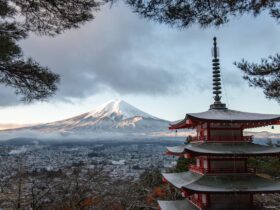










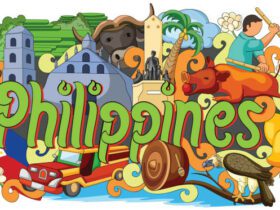



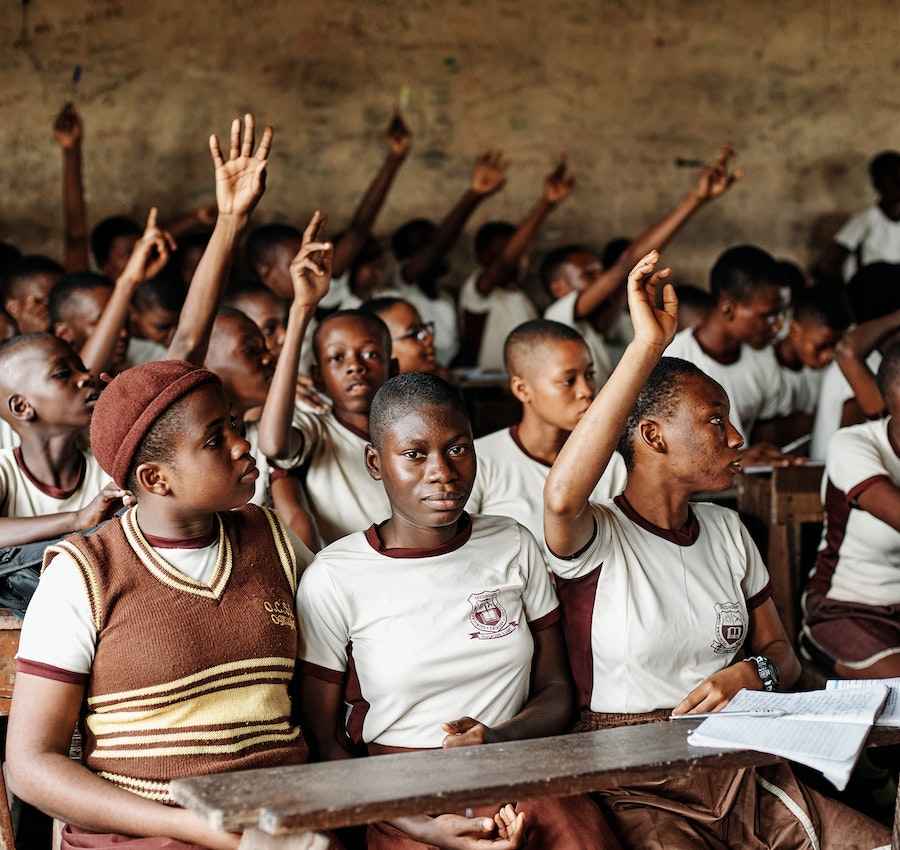
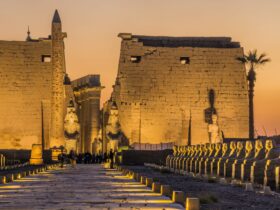



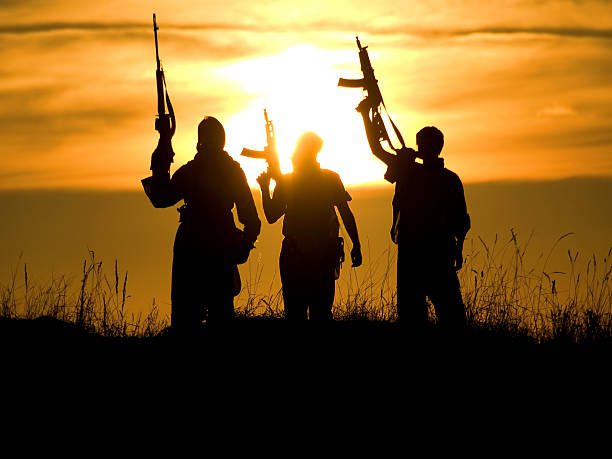


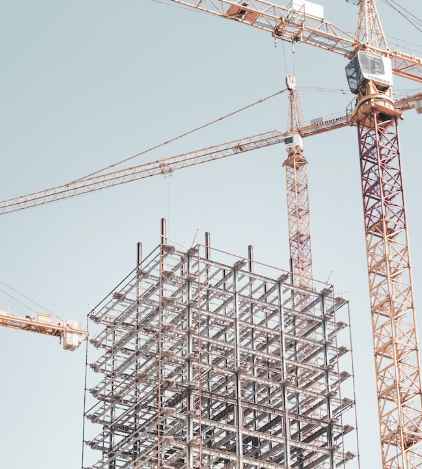
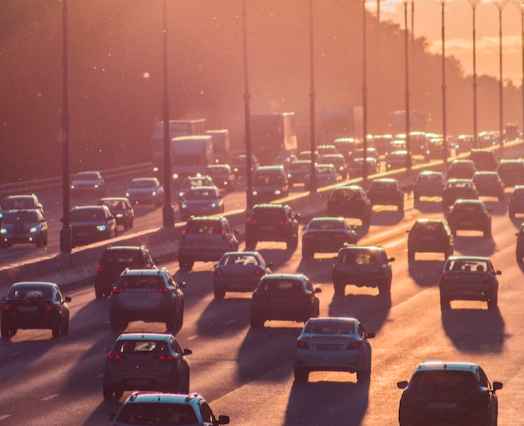




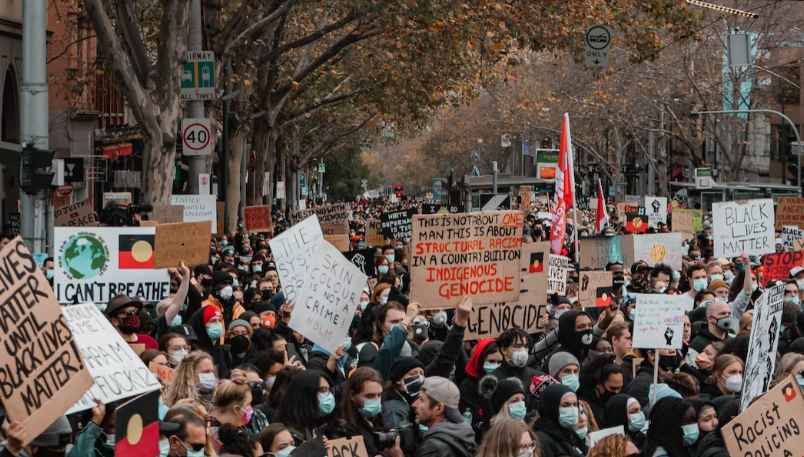
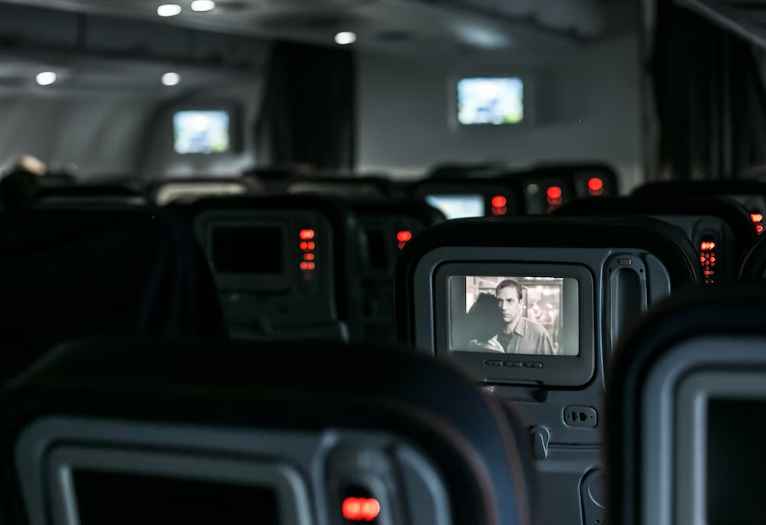
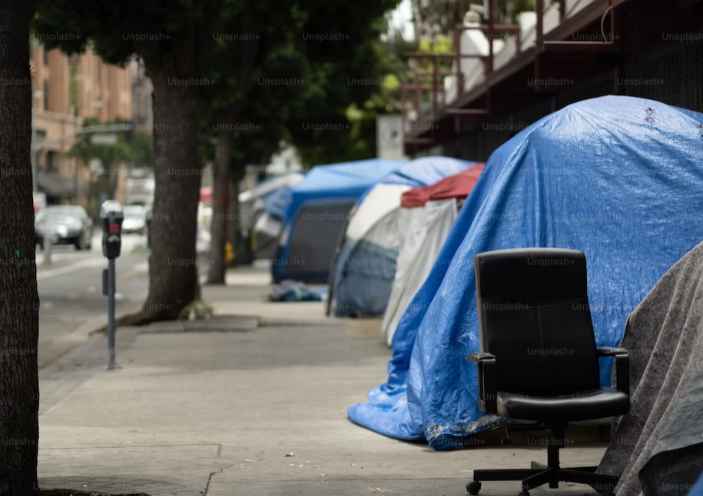

![Corruption [Depict in Art]](https://www.himalayancrest.com/wp-content/uploads/2023/05/15.-Corruption-and-Bribery-1.jpg)





Leave a Reply
View Comments